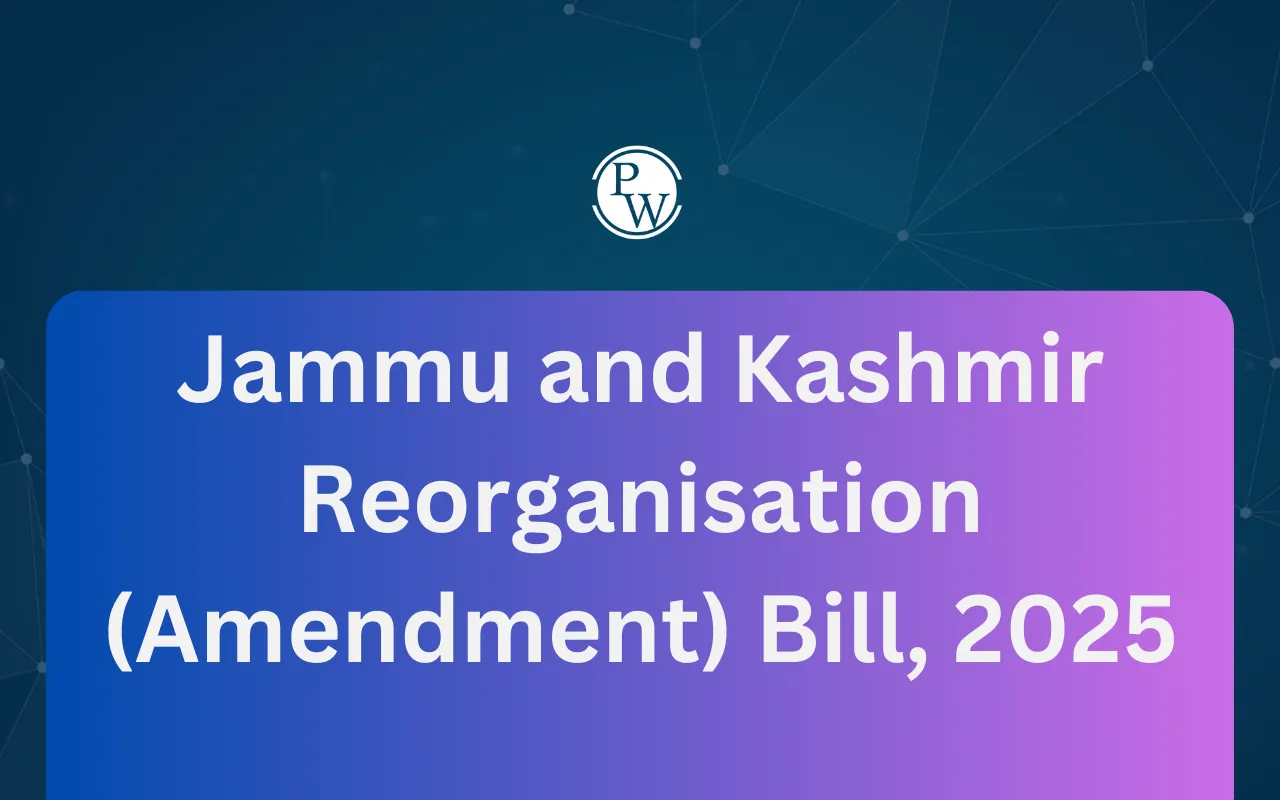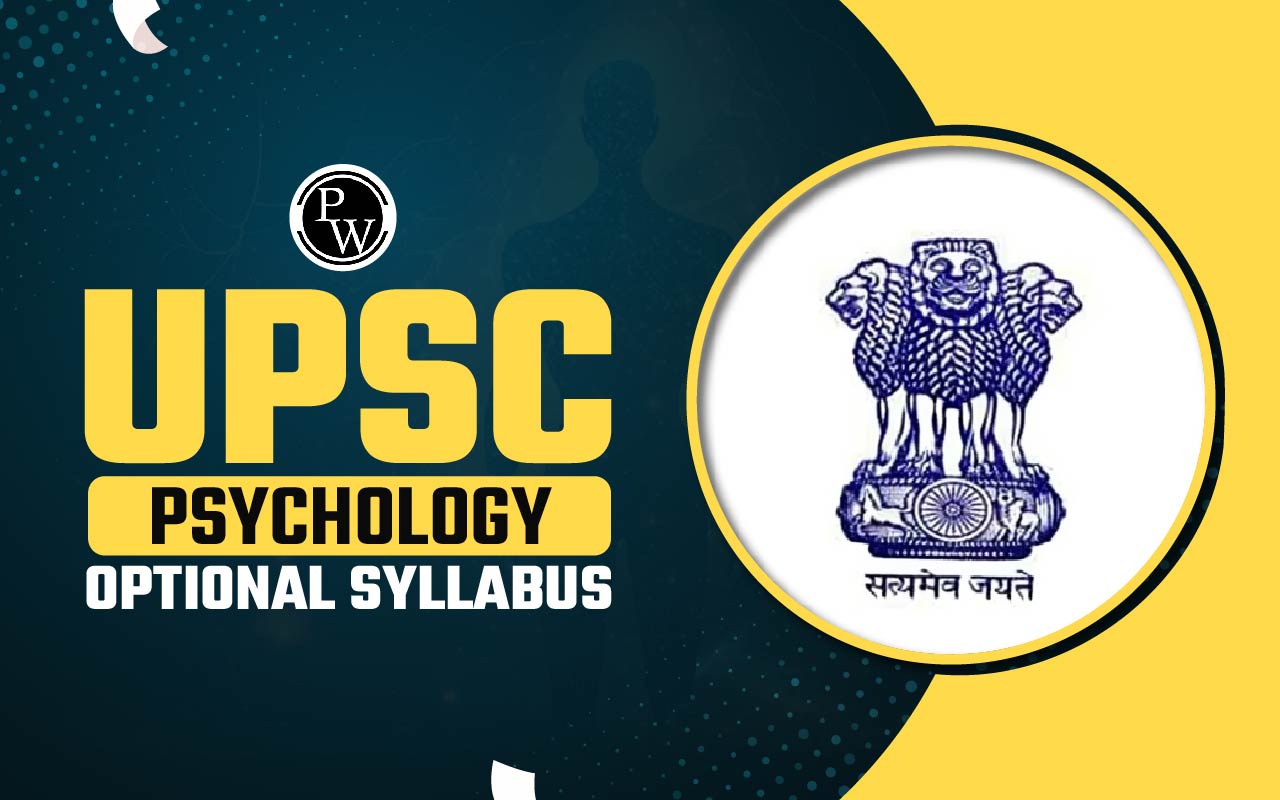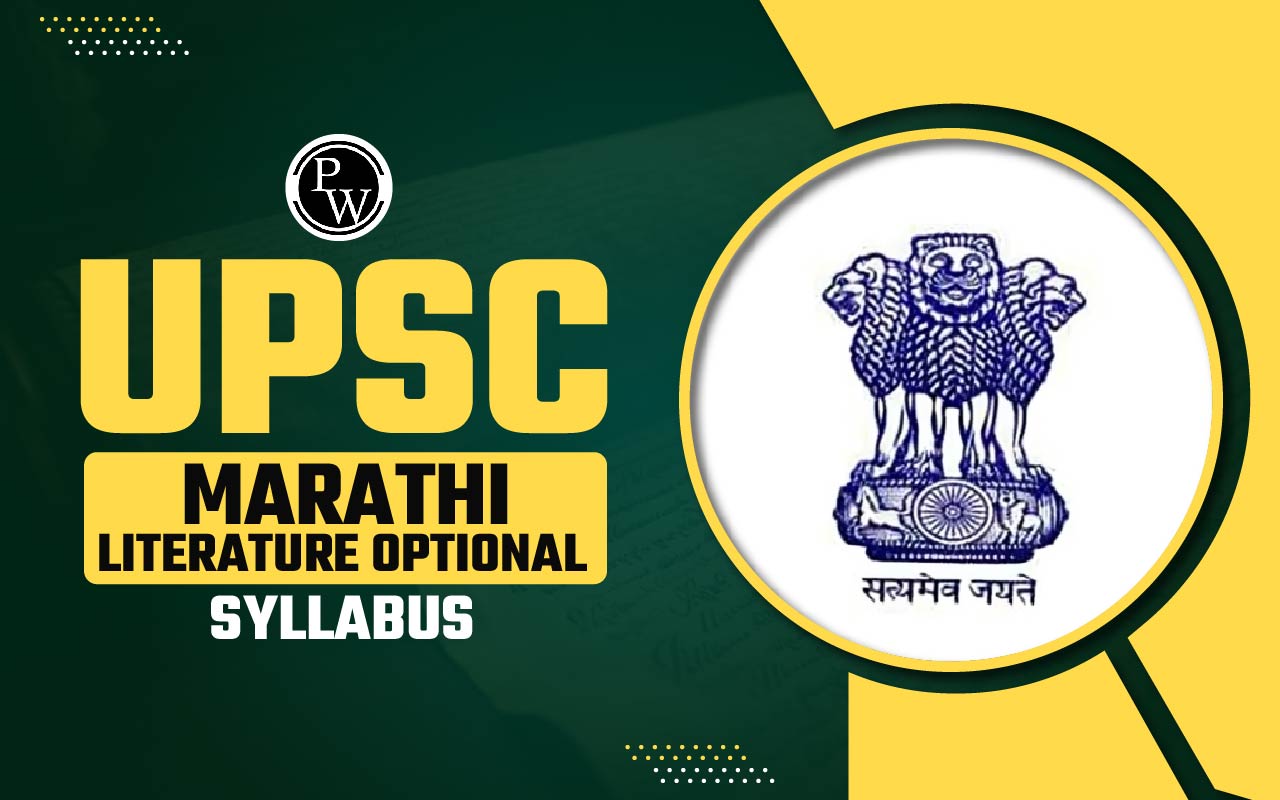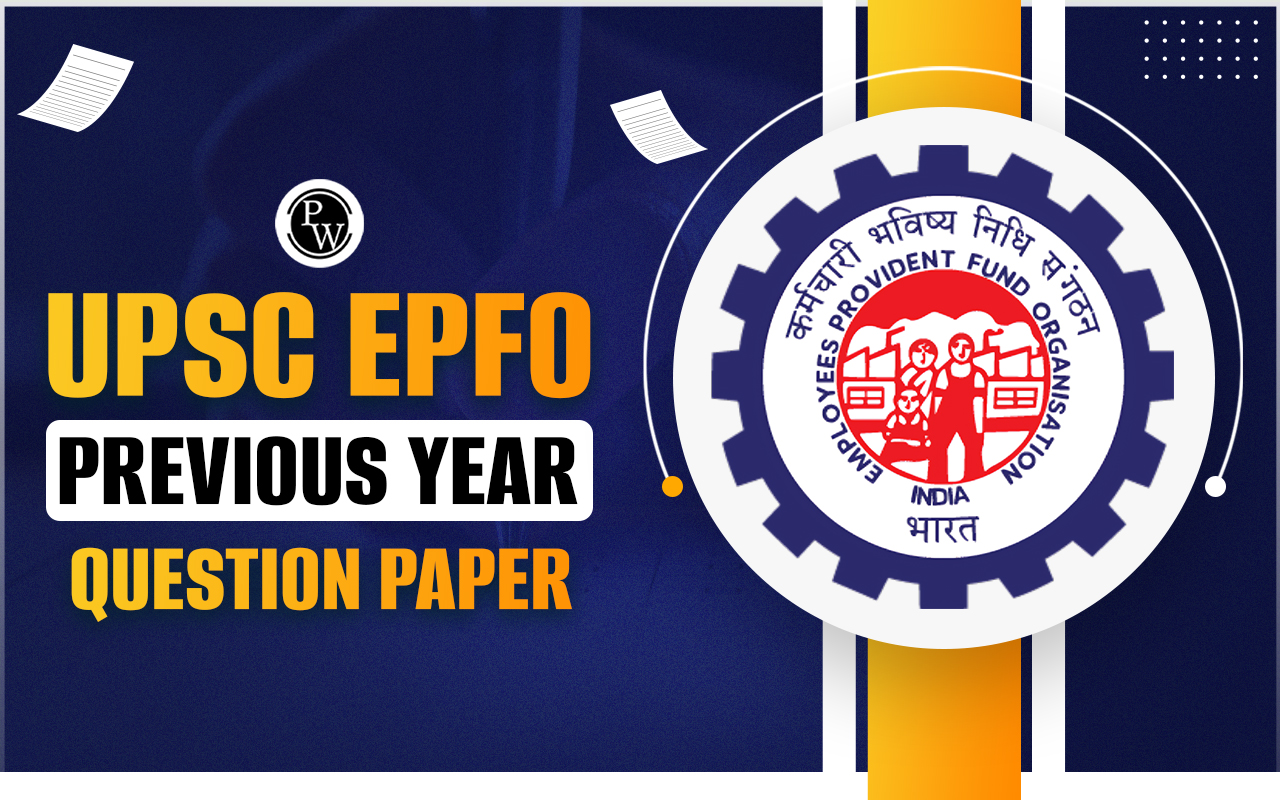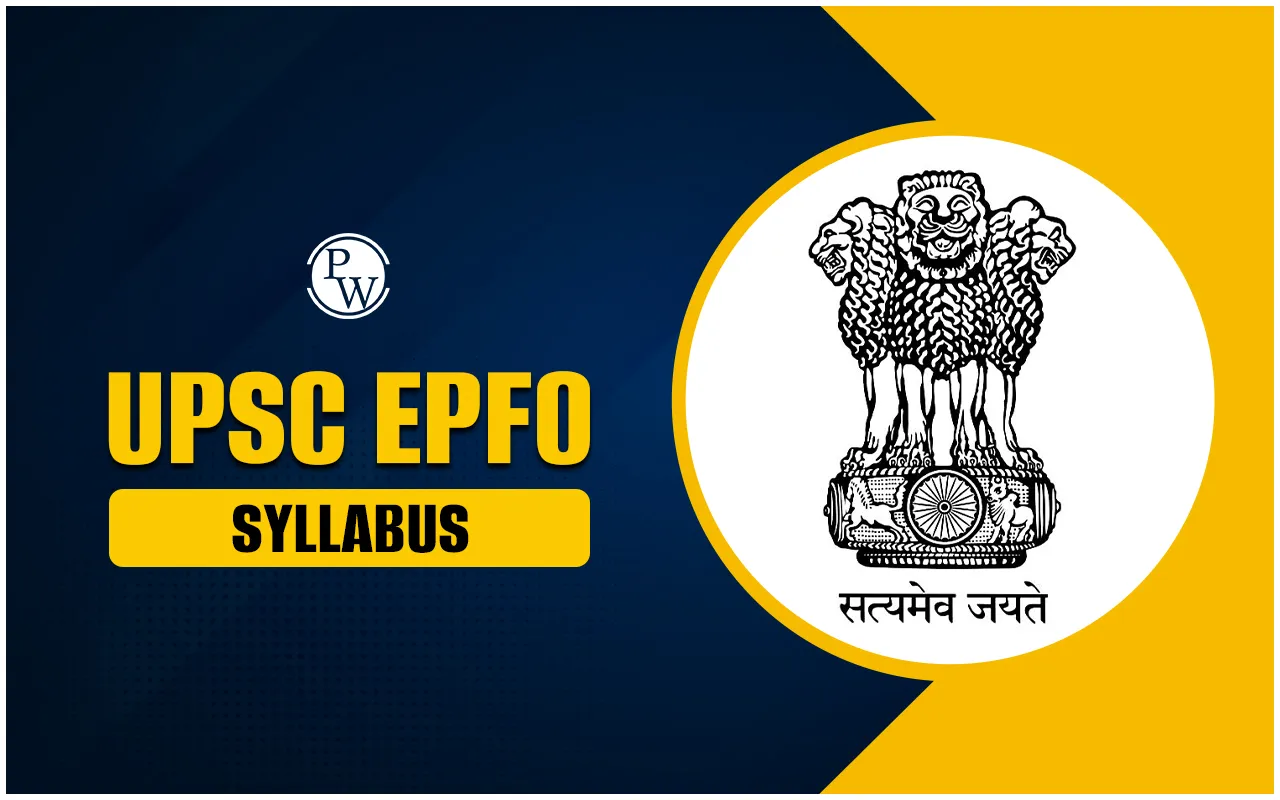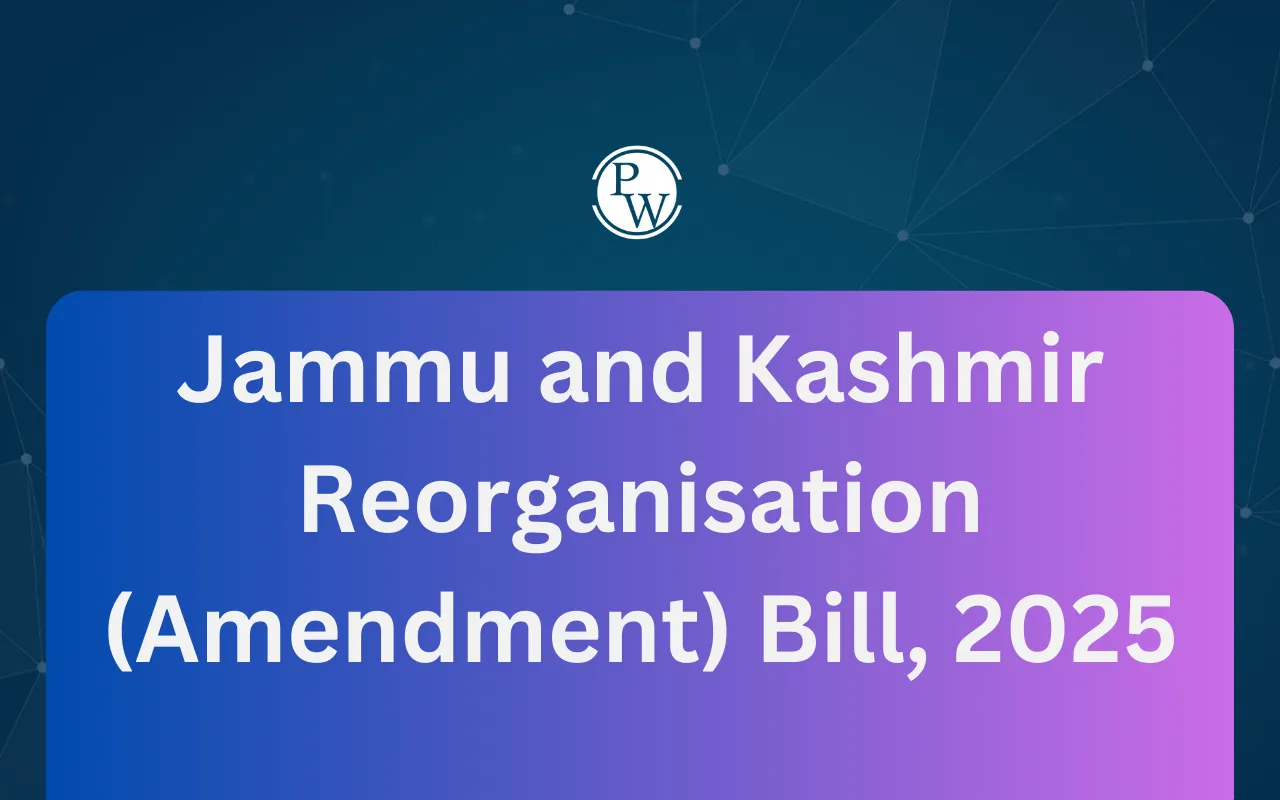
J&K Reorganisation (Amendment) Bill 2025 was introduced by the Union Home Minister Amit Shah in the Parliament recently. The Bill aims to propose strict accountability measures for Chief Ministers and other ministers of Jammu and Kashmir facing serious criminal charges. The bill, as of now, has been referred to the Joint Parliamentary Committee for consideration.
The recent developments surrounding the Jammu and Kashmir Reorganisation (Amendment) Bill 2025 are being considered six years after the statehood of Jammu and Kashmir was annulled on August 5, 2019.
What is Jammu and Kashmir Reorganisation Amendment Bill 2025?
The J&K Reorganisation Bill 2025 seeks to amend Section 54 of the Jammu and Kashmir Reorganisation Act, 2019. This law was enacted following the abrogation of Articles 370 and 35A of the Indian Constitution on August 5, 2019. As per the amendment, the governors of states and lieutenant governors of union territories can sack a sitting chief minister or any other state minister if they are continuously detained in jail for 30 days.
The Act of 2019 bifurcated the erstwhile state of Jammu and Kashmir into two Union Territories: Jammu Kashmir and Ladakh, and laid down the framework for governance, representation, and administration in the region.
Provisions of the J&K Reorganisation Bill 2025
The Amendment Bill on Jammu and Kashmir was introduced by Union Home Minister Amit Shah in the Lower House of the Parliament on August 20, 2025. The provisions mandated along with the bill are as follows:
-
It stipulates that any Minister or Chief Minister who is arrested on account of some serious charges and detained for 30 continuous days shall be removed from office.
-
The committed offences should be punishable with five or more years of imprisonment. However, the offences are not specifically defined.
-
If any such offence is committed by the Chief Minister, and he/she fail to resign by the 31st day of detention, then they will automatically cease to hold office.
-
These provisions are also applicable to all other Ministers. The Lieutenant Governor will be acting on the advice of the Chief Minister.
-
The J&K Reorganisation Amendment Bill 2025 also allows the provisions for the reappointment of such chief ministers and ministers, once they are released from detention.
-
The amendment bill is also applicable to the Prime Minister of India, who can be sacked from his post under similar circumstances by the President of India.
-
The amended bill, when passed, is set to provide additional powers to the Central Government, which can remove a sitting chief minister or anyone in their cabinet.
Jammu and Kashmir Reservation (Amendment) Bill, 2023
This amendment bill, implemented in 2023, amended the Jammu and Kashmir Reservation Act, 2004. It provided reservations to the members of the scheduled castes, scheduled tribes, and other socially and educationally backward classes in jobs and admission in professional institutions and colleges.
-
The bill also suggested changing the nomenclature of a section of people, earlier described as “weak and underprivileged” to “other backward castes”.
-
Under this bill, the reservations were now extended to the residents along the Line of Actual Control (LAC) and International Borders (IB).
-
Any person or individual whose annual income exceeds Rs 3 Lakh or other amount as notified by the state government was excluded from receiving any benefit under this bill.
J&K Reorganisation (Amendment) Bill 2025 FAQs
What is the J&K Reorganisation (Amendment) Bill 2025?
Who introduced the J&K Reorganisation (Amendment) Bill 2025?
What are the key provisions of the J&K Reorganisation (Amendment) Bill 2025?
How is the J&K Reorganisation (Amendment) Bill 2025 linked to past laws?

